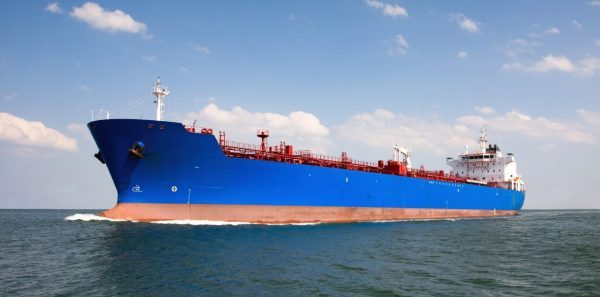According to a report published by the German Shipowners’ Association (VDR), it is noted that Global shipping is the most important and carbon efficient mode of transport for international trade.
Namely, ships transport almost 90% of global traded goods and 40% of the intra-European goods. Thereby, only 10% of global transport sector’s CO2 emissions derive from shipping, VDR mentions.
Despite the fact that an increase in the maritime trade has been noted, shipping’s share of global CO2 emissions is shrinking year by year.

Furthermore, shipowners have a strong interest to improve ship performance and, thus, reduce CO2 emissions, because fuel consumption is the major cost for ship operators.
For this reason, modern ships use various technologies to increase efficiency, such as IT-assisted navigation, shore-based monitoring, innovative propeller, hull and bulbous bow design.
Additionally, ships now sail much slower than ten years ago. By decreasing the speed from 20 to 16 knots, a ship can reduce its fuel consumption and thus emissions by 40%. the report says.
Moreover, a further emissions reduction is expected.
The shipping industry is covered by a legally-binding global agreement to reduce its CO2 emissions, adopted by the International Maritime Organization (IMO).
Under this obligation, newbuilds must comply with efficiency standards similar in concept to the ratings applied to cars and electrical appliances. The Energy Efficiency Design Index (EEDI) requires all new-buildings from 2025 to be 30% more efficient compared to the current world fleet.

Finally, future steps regarding the reduction of shipping emissions have already been planned and they are added to the existing ones. Below you can see the past and future steps.

Click here for further information into the report by the German Shipowners’ Association.
































































